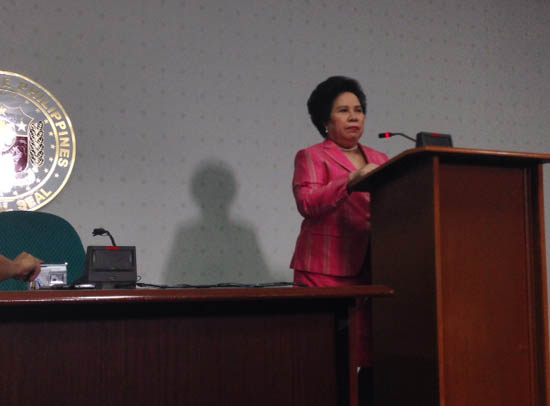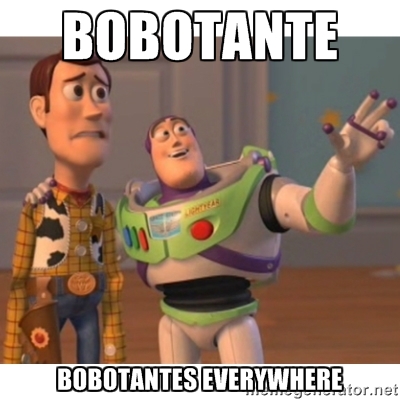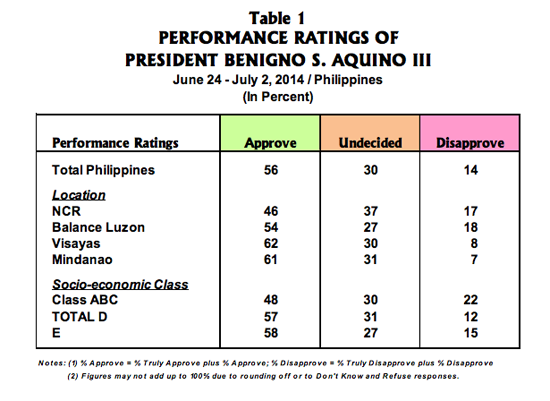Appeal to Supreme Court of the Philippine Republic: Support “Cybercrime Prevention Act of 2012”
This is a press statement from R-I-S-E (Responsible Internet Social Empowerment)
Dear Honorable Supreme Court Justices,
In today’s battle against cybercriminals, we affirm our sincere support in the full implementation of the Cybercrime Act. Social network is a hallmark of a modern technology, but we hastily point out, that there is a need of a legal framework or measure to combat cybercrimes. There ought to exist a law and to push for logical limits against abuse used [sic] of internet.
Prior to the enactment of the new law, how many cybercriminals are enjoying their freedom to escape from liability and punishment because there is no law covering their felonious acts?
Amidst opposition and black protest from person [sic] or groups, who claim that the subject law shall be repealed or be declared unconstitutional, we find no cogent reason in not believing the legislative intent of the framers to punish them. These wrongdoers only thinks [sic] of their personal interest and gain, without even considering the rights of the cybervictims, and even worse, the children netizens are affected. Young generation [sic] could be influenced from the dangers of internet. If only a newly-born baby could voice-out and speak, he/she will probably say; what good values could I learned [sic] in the internet, what information could I get from malicious-online [sic] activity? We are afraid that one day, the next generation be badly influence[sic] by these cybercriminals because of their exposure to hacking, cybersex, child pornography, computer-related theft and other form of offenses as defined under Section 4 of the same Act. Breaking the instant law [sic], is like killing the good teachings that we incalculated [sic] to our children.
Our advocacy is in consonance with the democratic principle, which accords highest respect since Philippine Republic [sic] is governed by the “rule of law” and not of men or the few. In recognition of our cherished democracy, we speak for the truth in promoting “cyberjustice” and “cyberpeace”. The black protest by certain groups and netizens only signifies their non-acceptance of the truth, in not giving justice and protection of the victims of cybercrime. The ability to access web content, without censorship or restriction is dangerous because it will create a chaotic society.

We dissent to critic’s [sic] opinion that this law is contrary to our fundamental right of freedom of expression protected under Article 3, Section 4 of the Philippine Constitution. The Supreme Court in the case of Aberasturi vs. People and Escalante (GR No. 172203), succinctly pronounce that “freedom of expression enjoys an exalted place in the hierarchy of constitutional rights. Free expression however, “is not absolute for it may be so regulated that it may be injurious to the equal enjoyment of others having equal rights, nor injurious to the rights of the community or society.” Further, Article 19 of the International Covenant on Civil & Political Rights states that the exercise of these right [sic] carries special duties and responsibilities and may therefore, be subject to certain restrictions when necessary for the respect of the rights or reputation of others or for the protection of national security and of public order and morals.
Through the legislative power aptly provided in Article VI, of the 1987 Constitution, the Honorable Senate is responsible for making enabling laws to make sure that the spirit of the Constitution is upheld. Honorable, cybercriminals shall be enjoined [sic] from any further damage to our personal rights and to the public in general. If there is no cybercrime court, where and how will we seek justice for cybercrime victim [sic]? For us, defacing government website [sic] is a serious threat to national security and there is a “clear and present danger” in the delay of delivery of public service and operations. Scurrilous attacks in internet [sic] and reckless information are intolerable.
Certainly, no one has the right to maliciously impute comments against a person or juridical [sic]without even bases or evidence; No one has the right to hack and deface government or private website [sic], thereby wasting taxpayer’s money in the maintenance of the same; No one has the right to do theft and fraud in computer networks. But one thing is certain —with the passage of these laws, we all have the right to protect our good name and goodwill against cybercriminals.
There is nothing to fear in the enforcement of the same, because in criminal prosecutions, jurisprudence dictates that fundamental [sic] is the requirement that the elemental acts constituting the offense be established with moral certainty as this is the critical and only requisite to a finding of guilt. The Rules of Court, Rule on Evidence, and due process are always adopted in investigations to protect the right’s [sic] of both sides. For one, Internal Rules and Regulations (IRR) is being drafted to give light and details in defining the wordings of the provisions of the said Act.
At the outset, we are appealing to our elected Honorable SC Justices to stand in accordance with the wisdom of the law that the Senate had crafted and deliberated. Vigorous implementation of the Cybercrime Act shall not be set aside.
We mean our advocacy with public interest. May the Almighty God enlighten us to give due course to every Filipino citizen’s rights. Thank you and Mabuhay!
Sincerely for the Filipino People,
R-I-S-E (Responsible Internet Social Empowerment)
Alex Dei ta (Spokesperson for RISE)



